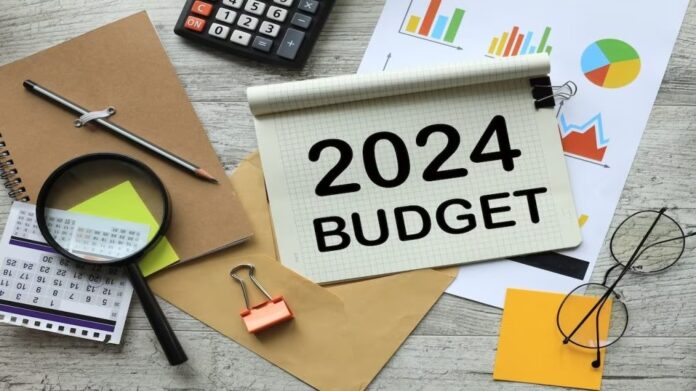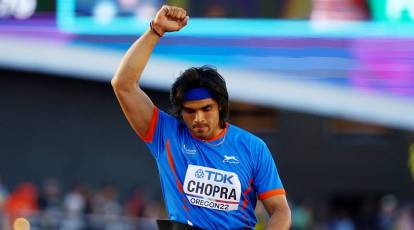Budget 2024 might not include any populist initiatives. Ahead of the next Interim Budget for 2024–25, Prime Minister Narendra Modi is anticipated to buck the precedent of aggressively investing in new welfare programs during the year of the Lok Sabha election.
According to news agency Reuters, the emphasis will instead be on bolstering the infrastructure to maintain the economy’s growth and close the budget deficit.
On February 1, Finance Minister Nirmala Sitharaman is expected to present the budget, which economists anticipate will mainly rely on political messaging.
It is anticipated that the budget will demonstrate the government’s dedication to equitable growth while upholding a prudent spending policy.
Populist actions are subordinated
The administration wants to find a balance between fiscal prudence, capital spending (capex), and pre-election messaging, according to Citigroup economist Samiran Chakraborty, who was quoted in the paper.
To attract female voters, one example of this strategy is the possible doubling of the annual reward to female farmers. But the program is projected to cost $1.44 billion a year, which is a small portion of the total amount spent by the government.
For the fiscal year beginning on April 1, major subsidies are probably going to be kept in check, remaining at the level of about $48 billion from the previous year.
Given the long-standing existence of a subsidized foodgrain program, the government’s decision to extend the free foodgrain program for an extra five years will result in very little new spending.
The government wants to reduce the deficit in spending.
According to the research, the government’s commitment to fiscal restraint is demonstrated by its aim to cut the fiscal deficit by at least 50 basis points in 2024–2025 from the current year’s objective of 5.9 percent of GDP.
The government is anticipated to prioritize infrastructure investment despite criticism from the opposition regarding high youth unemployment. The government hopes to recruit both domestic and foreign firms through incentives to promote economic growth and, eventually, create jobs.
Reducing the fiscal deficit during an election year implies that the government may not be significantly depending on social spending to sway public opinion.
Belief in PM Modi’s widespread appeal
Rather, the research stated that it appears to rely on PM Modi’s popularity, which was a major factor in the most recent state elections.
While there may be some temptation for significant fiscal giveaways in a general election year, Shilan Shah, Deputy Chief Emerging Markets Economist at Capital Economics, noted that given the BJP’s (Bharatiya Janata Party) recent strong performance in state elections, it is likely to balance this with its long-term goal of reining in the fiscal deficit.
Driven by public spending, India’s economy grew at a rate of 7.6% during the July-September quarter, and a growth rate of 7.3% is predicted for the entire year ending March 31, making it the fastest-growing major economy in the world.
It is anticipated that a projected 20 percent annual rise in capital investment for 2024–2025 will further boost economic development.
Deutsche Bank expects the policy of increasing capital expenditure within budget to stay in place, supporting the cycle of private sector investment.
However, government sources say that because of the impending elections, big pronouncements about privatization are probably going to be avoided.




























